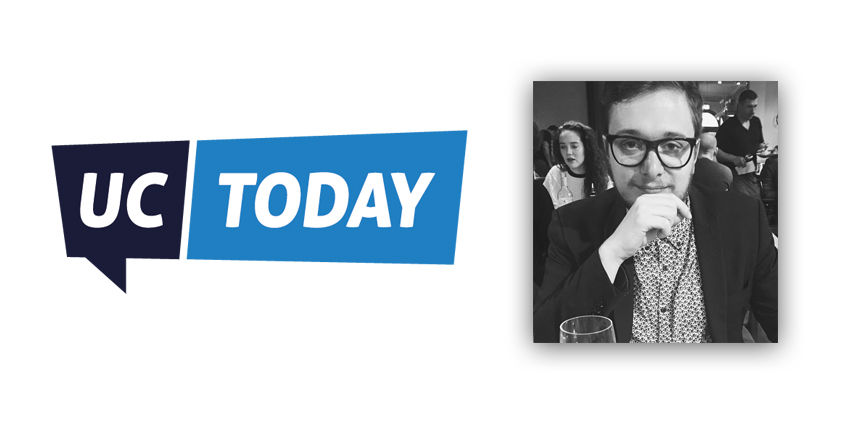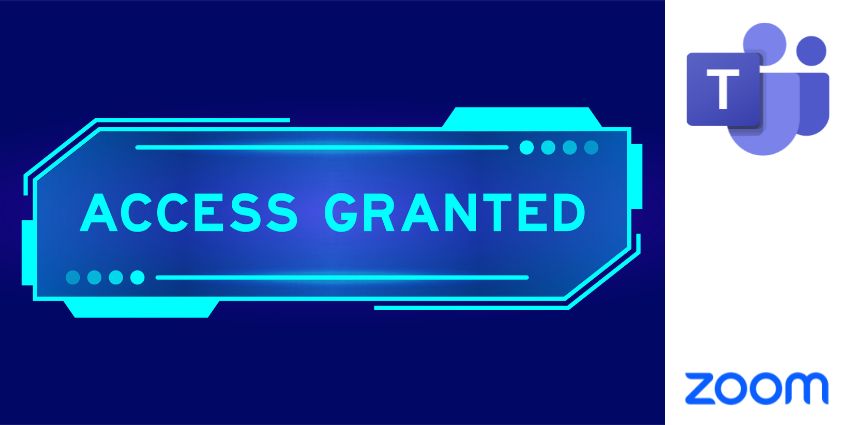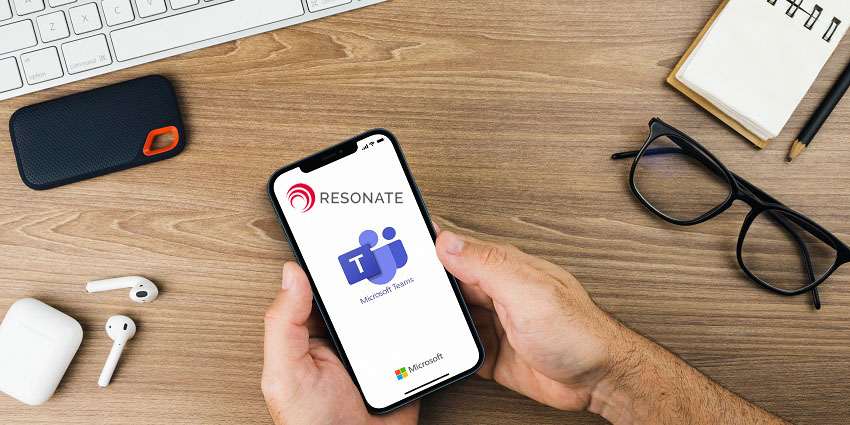Microsoft’s acquisition strategy has certainly raised eyebrows in the past. Think Nokia, which is almost universally considered a failure. Or Skype, which, while certainly not a disaster, could have become what Zoom is today but has instead been shoved aside by Teams.
But the acquisitions under Satya Nadella certainly seem to be more focused, albeit larger than anything Microsoft did before his reign. Nadella has overseen the completion of four out of Microsoft’s five biggest acquisitions (including Nokia, although his predecessor, Steve Ballmer, was the driving force behind this particular takeover).
The huge $26bn deal for LinkedIn surprised many, but the crossovers were there from a sales and marketing perspective with Dynamics 365. Microsoft has since shown an appetite to expand further in the social networking space with a bid for TikTok, reported interest in Pinterest and the acquisition of Github. So there is a clear theme of acquiring communities.
Meanwhile, the acquisition of game developer Mojang, known for Minecraft, has proved a hit in the edtech space and made the game the best-selling of all time.
More recently, the focus has narrowed further. Microsoft last month announced the acquisition of UK-based The Marsden Group – a specialist in industrial technology and rapid prototyping. And earlier this week, it announced its second-biggest acquisition ever, in the form of healthcare specialist Nuance Communications.
Microsoft champions these acquired businesses as leaders in their fields that, with the Redmond-based vendor at their side, can “empower” customers even further.
But that these acquisitions really do is give the vendor a solid route into specific verticals that are undergoing huge digital transformation – with the aim of making sure this transformation is powered by Azure and the Microsoft software portfolio as opposed to, say, Amazon Web Services’.
This no doubt includes Teams and the ecosystem that is being built around it, and we’d expect this to be no different with Nuance in the healthcare space. But the Nuance acquisition also comes with another interesting dynamic.
Nuance’s messaging has pivoted heavily to its AI credentials over recent years, particularly in healthcare , which was the focal point of Microsoft’s press release announcing the deal.
However, buried towards the bottom was a reference to Nuance’s other credentials:
“Beyond healthcare, Nuance provides AI expertise and customer engagement solutions across Interactive Voice Response (IVR), virtual assistants, and digital and biometric solutions to companies around the world across all industries”
Nuance’s presence in the CX space should not be underestimated, even if Microsoft did not draw particular attention to it.
In the vendor’s most recent earnings call CEO, Mark Benjamin, name-dropped companies such as Rakuten, American Airlines and Indian budget airline SpiceJet as clients of its customer engagement offerings. Microsoft would surely not let a business with such huge customers gather dust in the corner.
So, does this acquisition signal an expansion into the contact centre space for Microsoft? It’s hard to say at this point, but Microsoft undoubtedly sees a role for Teams in CX – even if, at the moment, it is fulfilling this through partners.
What we do know is that industry professionals have long expected Microsoft to build its CX offering via acquisition (See our Teams prediction video for more).
While this may not be the full-blooded contact centre acquisition many have been waiting for, it will certainly be interesting to see how Microsoft handles this part of Nuance’s business.







